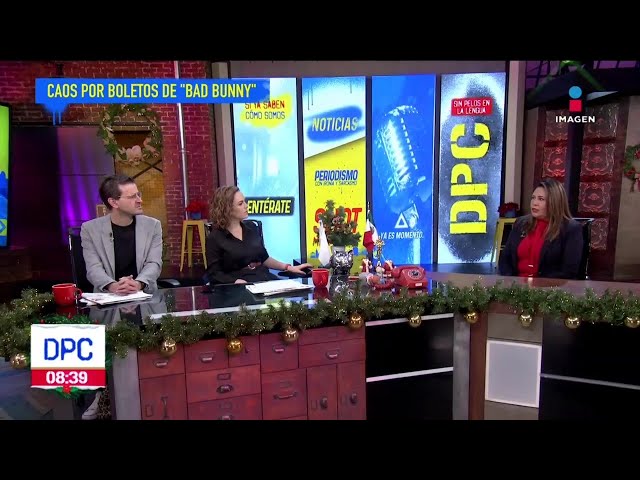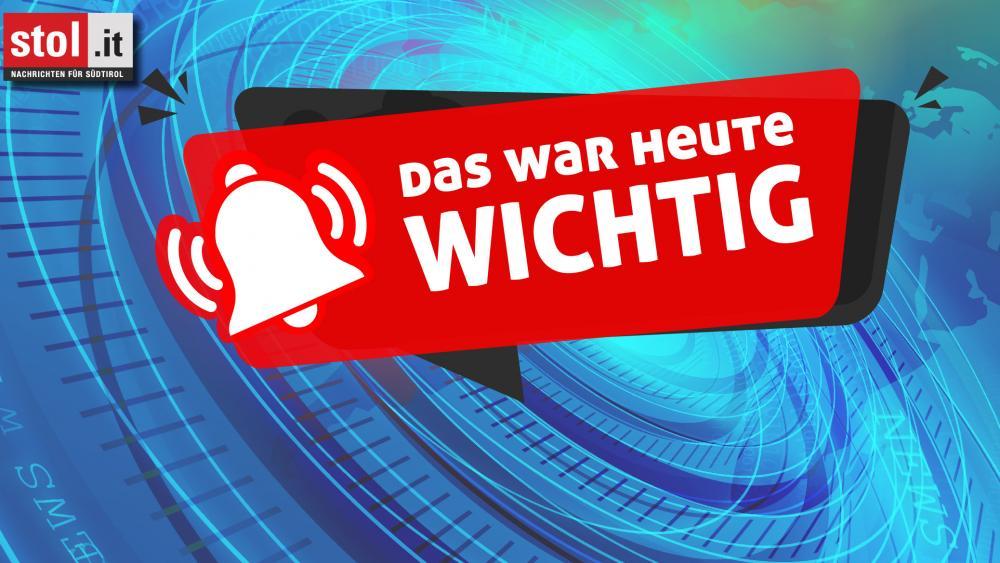Urgent Warning: Avoid Fake Ticket Sellers – Protect Yourself From Ticket Scams

Table of Contents
Identifying Red Flags of Fake Ticket Sellers
Before you click "buy," be vigilant! Fake ticket sellers employ various tactics to trick unsuspecting buyers. Learning to recognize these red flags is your first line of defense against ticket scams.
Unusually Low Prices
The most obvious sign of a fraudulent ticket seller is an unbelievably low price. If a ticket is significantly cheaper than those offered by official vendors or reputable resale platforms, be extremely cautious.
- Example: A concert ticket listed for $20 when the official price is $100.
- Example: Tickets to a sold-out show are being offered at a fraction of their original price.
- The risk? You might receive nothing at all, or counterfeit tickets that won't get you into the event.
Unofficial Websites and Platforms
Avoid purchasing tickets from unofficial websites or platforms that lack verification. These sites often mimic legitimate vendors, creating a deceptive appearance of authenticity.
- Suspicious Website Examples: Poorly designed websites, unprofessional imagery, missing or generic contact information, lack of an "About Us" page, and absence of customer reviews.
- Crucial Check: Always look for "HTTPS" at the beginning of the website address. This indicates a secure connection, minimizing the risk of data theft.
Pressure Tactics and Urgent Sales
Legitimate ticket sellers don't need to pressure you into a quick purchase. High-pressure sales tactics, such as limited-time offers or scarcity messaging ("Only two tickets left!"), are major red flags.
- Pressure Tactic Examples: "Buy now or miss out!", "This offer expires in 1 hour!", "Limited stock – act fast!".
- Best Practice: Take your time. Research the seller, compare prices, and don't rush into a purchase based on pressure.
Unverified Payment Methods
Never use unconventional or untraceable payment methods when purchasing tickets. Stick to secure and verifiable options.
- Risky Payment Methods: Wire transfers, prepaid debit cards (without buyer protection), or cryptocurrency.
- Recommended Payment Methods: PayPal (with buyer protection), credit cards, and debit cards offered through reputable payment gateways.
Safe Ways to Buy Tickets Legitimately
Purchasing tickets through safe channels significantly reduces your risk of encountering fake ticket sellers.
Official Ticket Vendors
The safest way to buy tickets is directly from official vendors, such as the event organizer's website or authorized ticketing platforms.
- Trusted Vendors: Ticketmaster, See Tickets, Eventbrite, and official venue websites.
- Benefits: Guaranteed ticket authenticity, buyer protection, and secure payment processes.
Reputable Resellers
Reputable ticket resale platforms offer a safer alternative to buying directly from individuals. However, it's vital to choose wisely.
- Known Resellers: StubHub, Vivid Seats, TicketNetwork (Always check reviews and seller ratings).
- Important Considerations: Check seller ratings, look for buyer protection policies, and compare prices against official vendors.
Ticket Exchange Programs
Many venues and event organizers offer official ticket exchange programs, allowing ticket holders to resell their tickets safely.
- Example: Ticketmaster's Fan-to-Fan Resale.
- Benefits: Verified tickets, secure transactions, and often a controlled price range.
What to Do if You've Been Scammed
If you suspect you've been scammed, act immediately.
Report the Scam
Report the scam to the appropriate authorities to help prevent others from falling victim.
- Reporting Agencies: Your local police department, the Federal Trade Commission (FTC) – [link to FTC website], and the Better Business Bureau.
- Evidence Gathering: Take screenshots of all communications, emails, payment confirmations, and any other relevant information.
Contact Your Bank or Credit Card Company
If you paid with a credit card or through a bank, contact them immediately to dispute the charges.
- Dispute Process: Follow your bank or credit card company's guidelines for initiating a chargeback.
- Time Sensitivity: Act quickly to maximize your chances of recovering your money.
Warn Others
Share your experience with others to prevent them from falling prey to the same scam.
- Sharing Platforms: Social media (Facebook, Twitter, etc.), online forums, and consumer review sites.
Conclusion
Avoiding fake ticket sellers requires vigilance and awareness. By recognizing red flags, utilizing secure purchasing methods, and knowing what to do if you're scammed, you can significantly reduce your risk. Remember, the price of a ticket is often an indicator of its authenticity, and your safety and peace of mind are worth more than a few extra dollars. Avoid ticket scams by using official ticket sellers and reputable platforms. Share this information with your friends and family to help them avoid becoming victims. Protect yourself and enjoy your event!

Featured Posts
-
 Country Diary Foraging For The Carrots Roastable Cousin
May 30, 2025
Country Diary Foraging For The Carrots Roastable Cousin
May 30, 2025 -
 Reecouter L Integrale D Europe 1 Soir Du 19 Mars 2025
May 30, 2025
Reecouter L Integrale D Europe 1 Soir Du 19 Mars 2025
May 30, 2025 -
 Cambios En La Politica De Precios De Boletos De Ticketmaster
May 30, 2025
Cambios En La Politica De Precios De Boletos De Ticketmaster
May 30, 2025 -
 Wichtige Ereignisse Des 10 April Ein Ueberblick Ueber Geschichte Und Gegenwart
May 30, 2025
Wichtige Ereignisse Des 10 April Ein Ueberblick Ueber Geschichte Und Gegenwart
May 30, 2025 -
 Jon Jones To Fight Nate Diaz The Aspinall Controversy Explained
May 30, 2025
Jon Jones To Fight Nate Diaz The Aspinall Controversy Explained
May 30, 2025
